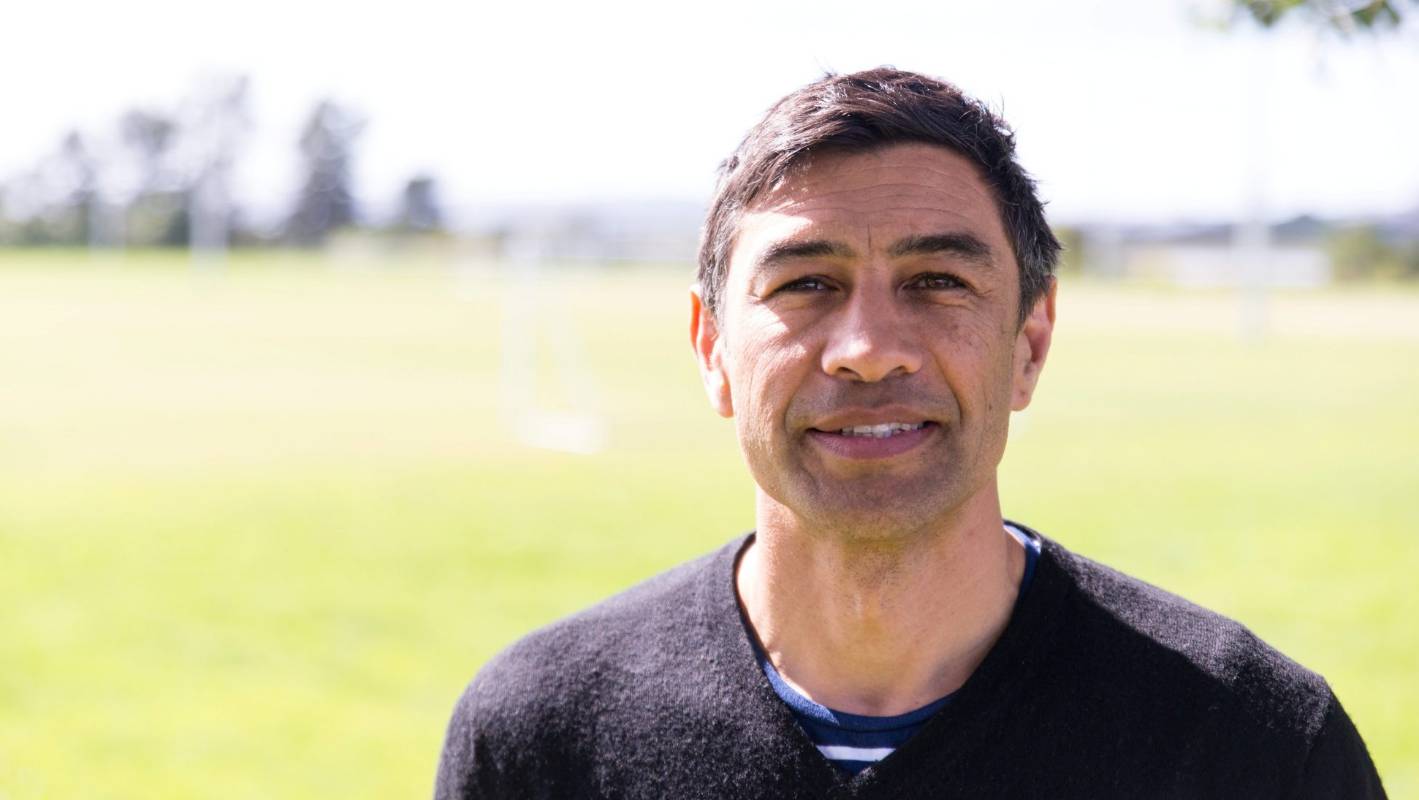Introduction
Sir Tom Clarke, a distinguished British politician, has had a long and influential career in public service. However, in the early 1990s, his life took an unexpected turn when he was diagnosed with myalgic encephalomyelitis/chronic fatigue syndrome (ME/CFS). Despite the debilitating nature of the condition, Clarke made a remarkable recovery and continued to serve with dedication and resilience. His journey with ME/CFS highlights his determination and commitment to overcoming adversity.
Sir Tom Clarke’s Political Career and Onset of Illness
Early Career and Achievements
Born on January 10, 1941, Sir Tom Clarke began his political career in local government before being elected as the Member of Parliament (MP) for Coatbridge and Airdrie in 1982. He quickly established himself as a dedicated public servant, focusing on social justice, disability rights, and international development. Clarke’s contributions to politics have been recognized with numerous honors, including a knighthood in 2015.
Onset of ME/CFS
In the early 1990s, amidst his busy political career, Clarke began experiencing severe fatigue, muscle pain, and cognitive difficulties. These symptoms were perplexing and significantly impacted his ability to perform his duties. After extensive medical consultations, he was diagnosed with myalgic encephalomyelitis/chronic fatigue syndrome (ME/CFS), a condition characterized by persistent, unexplained fatigue and a range of other debilitating symptoms.
Understanding ME/CFS
What is ME/CFS?
Myalgic encephalomyelitis/chronic fatigue syndrome (ME/CFS) is a chronic illness characterized by severe fatigue that does not improve with rest and often worsens with physical or mental activity. ME/CFS can significantly impair daily functioning and quality of life.
Common Symptoms
- Severe Fatigue: Persistent exhaustion that worsens with physical or mental activity and does not improve with rest.
- Post-Exertional Malaise (PEM): A significant worsening of symptoms following physical or mental exertion.
- Sleep Problems: Unrefreshing sleep, insomnia, or other sleep disturbances.
- Cognitive Difficulties: Issues with concentration, memory, and cognitive processing, often referred to as “brain fog.”
- Muscle and Joint Pain: Unexplained muscle pain and joint pain without swelling or redness.
- Headaches: New or worsening headaches.
- Sore Throat and Swollen Lymph Nodes: Recurring sore throat and tender lymph nodes.
Sir Tom Clarke’s Battle with Symptoms
Daily Life Challenges
Transitioning from an active political career to living with ME/CFS was profoundly challenging for Clarke. Tasks that were once routine became insurmountable obstacles. The severe fatigue and other symptoms significantly impacted his ability to engage in daily activities and fulfill his political duties.
Mental and Emotional Impact
The chronic nature of ME/CFS also took a toll on Clarke’s mental and emotional well-being. The drastic change in his life, coupled with the invisible nature of the illness, led to feelings of frustration, isolation, and depression. The lack of public understanding and support for ME/CFS added to the emotional burden he carried.
Treatment and Management Strategies
Medical Treatments
- Medications: There is no specific cure for ME/CFS, but various medications can help manage symptoms. These may include pain relievers, sleep aids, and antidepressants to improve sleep and mood.
- Cognitive Behavioral Therapy (CBT): CBT can help patients develop coping strategies to manage the psychological impact of ME/CFS.
Lifestyle Modifications
- Pacing: Pacing involves balancing periods of activity with rest to avoid triggering post-exertional malaise. This method helps manage energy levels and prevent symptom flare-ups.
- Healthy Diet: Maintaining a balanced diet rich in essential nutrients can support overall health and energy levels.
- Gentle Exercise: Low-impact exercises, such as stretching and yoga, can help maintain physical health without exacerbating symptoms. Exercise routines should be tailored to individual energy levels and capabilities.
- Sleep Hygiene: Establishing a regular sleep schedule and creating a restful sleep environment can help improve sleep quality.
Alternative Therapies
- Acupuncture: Some patients find relief from symptoms through acupuncture, which may help improve energy levels and reduce pain.
- Massage Therapy: Regular massages can help alleviate muscle tension and promote relaxation.
- Mindfulness and Meditation: Practices such as mindfulness meditation can help manage stress and improve mental clarity.
Sir Tom Clarke’s Remarkable Recovery and Continued Service
Path to Recovery
Through a combination of medical treatments, lifestyle changes, and sheer determination, Clarke made a remarkable recovery from ME/CFS. His journey to recovery involved careful management of his symptoms, gradual increase in physical activity, and maintaining a positive mindset. Clarke’s resilience and commitment to his health played a crucial role in his ability to regain his strength and return to his political career.
Returning to Public Service
Following his recovery, Clarke resumed his role in public service with renewed vigor. He continued to advocate for social justice, disability rights, and international development, using his platform to raise awareness about ME/CFS and the challenges faced by those living with the condition. His experience with ME/CFS added a deeper dimension to his understanding and advocacy for health-related issues.
Raising Awareness About ME/CFS
Public Awareness Efforts
Sir Tom Clarke has used his platform to raise awareness about ME/CFS. By sharing his personal experiences and the challenges he faced, he has helped to shed light on the condition and foster greater understanding and empathy among the public.
Supporting Research and Education
Clarke’s advocacy extends to supporting research and education initiatives aimed at better understanding ME/CFS. He emphasizes the need for more scientific research to uncover the underlying causes of the condition and develop effective treatments.
Living with ME/CFS: Insights from Sir Tom Clarke’s Experience
Adapting to Limitations
Clarke had to make significant adjustments to his lifestyle to manage his symptoms effectively. This included prioritizing rest, avoiding activities that triggered symptoms, and finding a balance between personal commitments and health needs.
Maintaining a Positive Outlook
Despite the challenges, Clarke maintained a positive outlook and continued to pursue his passion for public service. His resilience and determination to live a fulfilling life, despite ME/CFS, serve as an inspiration to others facing similar battles.
FAQs
What led to Sir Tom Clarke developing ME/CFS?
Sir Tom Clarke developed ME/CFS following a series of health issues that significantly impacted his life. The exact cause of his ME/CFS remains unclear, as is common with this condition.
How did Sir Tom Clarke manage his ME/CFS symptoms?
Clarke managed his symptoms through a combination of medical treatments, lifestyle changes, and alternative therapies. This included pacing, maintaining a healthy diet, incorporating gentle exercise, and practicing mindfulness.
What are the main symptoms of ME/CFS?
The main symptoms of ME/CFS include severe fatigue, post-exertional malaise, sleep problems, cognitive difficulties, muscle and joint pain, headaches, and recurring sore throat and tender lymph nodes.
Can ME/CFS be cured?
There is currently no cure for ME/CFS, but symptoms can be managed effectively through a combination of treatments and lifestyle modifications. Research continues to seek better understanding and effective treatments for the condition.
How has Sir Tom Clarke’s openness about ME/CFS impacted public awareness?
Clarke’s openness has significantly raised public awareness about ME/CFS, helping to foster greater understanding and empathy for those living with this condition.
What lifestyle changes did Sir Tom Clarke make to manage his ME/CFS?
Clarke adapted his lifestyle by prioritizing rest, avoiding activities that triggered symptoms, maintaining a healthy diet, incorporating regular, gentle exercise, and practicing mindfulness and meditation.
Conclusion
Sir Tom Clarke’s journey with chronic fatigue syndrome highlights his resilience and determination to overcome the challenges posed by this debilitating condition. Through his advocacy and personal experiences, he has raised much-needed awareness about ME/CFS, inspiring others to seek help and manage their symptoms effectively. By adopting a comprehensive approach that includes medical treatments, lifestyle changes, and alternative therapies, Clarke continued to lead a fulfilling life and contribute to public service. His recovery and continued dedication to his work demonstrate that with the right strategies, it is possible to live well with ME/CFS.

Click Here to Visit the Store and find Much More….
For More Information Related to Fibromyalgia Visit below sites:
References:
Fibromyalgia Contact Us Directly
Click here to Contact us Directly on Inbox
Official Fibromyalgia Blogs
Click here to Get the latest Chronic illness Updates
Fibromyalgia Stores







